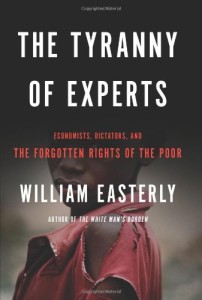
Elinor Ostrom
4.0 out of 5 stars Addressing the Collective Action Problem August 2, 2007
Ostrom attempts to refute the belief that only through state and or market-centered controls can commonly pooled resources (CPRs) be effectively governed. Ostrom writes, “Communities of individuals have relied on institutions resembling neither the state nor the market to govern some resource systems with reasonable degrees of success over long periods of time” (p. 1). Governing the Commons sets out to discover why some groups are able to effectively govern and manage CPRs and other groups fail. She tries to identify both the internal and external factors “that can impede or enhance the capabilities of individuals to use and govern CPRs.”
The first section of the book examines both state-controlled and privatization property rights regimes, and illustrates failures in both regimes; namely, that central authorities often fail to have complete accuracy of information, have only limited monitoring capabilities, and possess a weak sanctioning reliability. As such, a centralized governing body may actually govern the commons inaccurately and make a bad situation worse. In the case of privatized property rights regimes, Ostrom illustrates two main points: 1) it assumes that property is homogenous and any division of property will be equitable; and 2) privatization will not work with non-stationary property (fisheries, for example).








